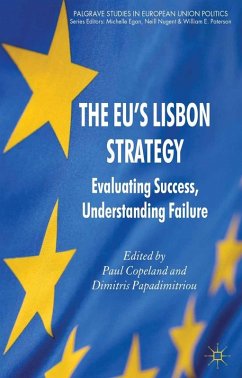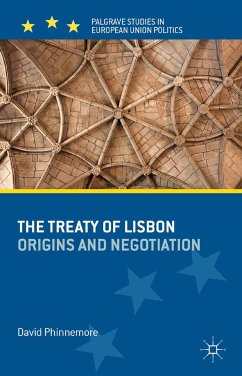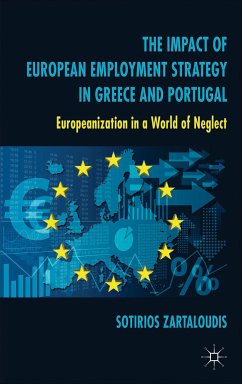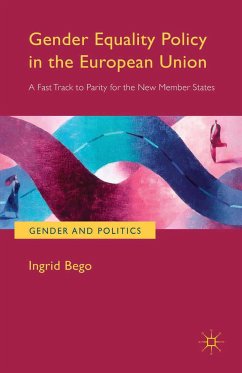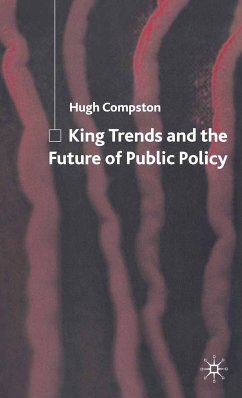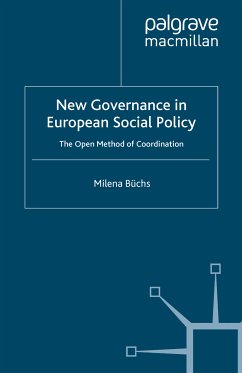KENNETH ARMSTRONG Professor of European Union Law, Queen Mary, University of London, UK SIMON BULMER Professor of European Politics and Head of Department, University of Sheffield, UK PAUL COPELAND Hallsworth Research Fellow of Political Economy, University of Manchester, UK ANNE CORBETT Visiting Fellow, European Institute, London School of Economics and Political Science, UK MARY DALY Professor of Sociology, School of Sociology, Social Policy and Social Work at Queen's University Belfast, UK ANNIEK DE RUIJTER PhD candidate, University of Amsterdam Centre for European Law and Governance, the Netherlands KENNETH DYSON Professor of European Studies, Cardiff School of European Studies, UK JAKOB EDLER Professor of Innovation Policy and Strategy and Executive Director at the Manchester Institute of Innovation Research, MBS, University of Manchester, UK KEVIN FEATHERSTONE Eleftherios Venizelos Professor of Contemporary Greek Studies and Professor of European Politics at the London School of Economics, UK TAMARA HERVEY Jean Monnet Professor of European Union Law, University of Sheffield, UK SCOTT JAMES Lecturer in European Public Policy, Department of Political Economy, King's College London, UK ANDREAS KORNELAKIS Lecturer in Human Resource Management, University of Sussex, School of Business, Management and Economics, UK DIMITRIS PAPADIMITRIOU Reader of European Politics, University of Manchester, UK LUCIA QUAGLIA Senior Lecturer, University of Sussex, UK PLATON TINIOS Assistant Professor of Economics, University of Piraeus, Greece SAMANTHA VELLUTI Senior Lecturer in Law, Lincoln Law School, UK SOTIRIOS ZARTALOUDIS Lecturer in International Politics, University of Manchester, School of Social Sciences, UK
